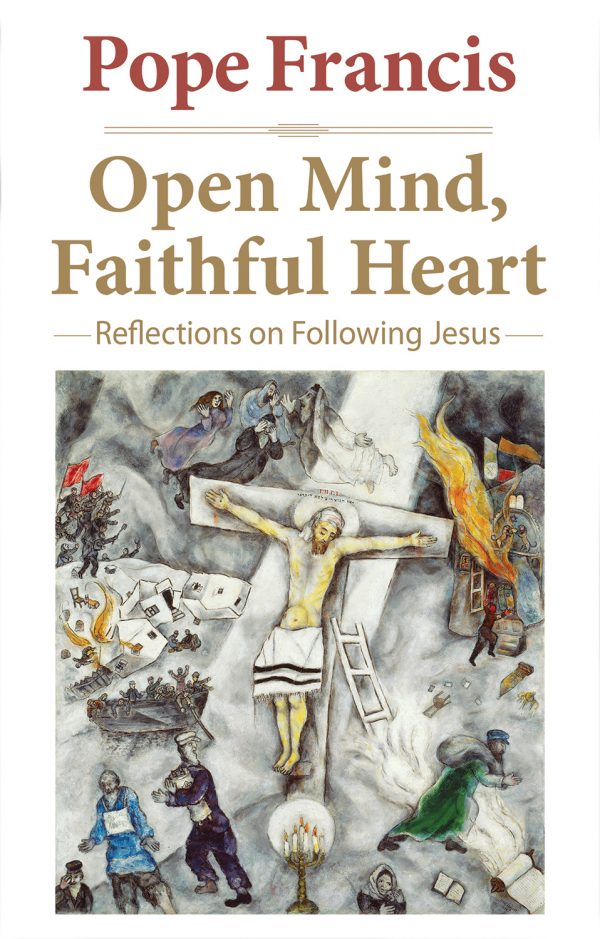Larrázabal (Author)
Pope Francis (Author)
Jorge Mario Bergoglio was elected Pope on March 13, 2013, taking the name Francis after St. Francis of Assisi. His priestly ordination was in 1969, and in 1992, he was consecrated auxiliary bishop of Buenos Aires and given the titular see of Auca. He became Buenos Aires’s coadjutor bishop in 1997, succeeded as the see’s archbishop the following year, and was elevated to cardinal in 2001. He is the author of The Power to Serve. Gustavo Larrázabal, CMF, is a Claretian missionary from Argentina. He is the former publisher of Claretian Publications of Buenos Aires. As the editor of the works of Cardinal Bergoglio, he is also a close friend. Joseph Owens, SJ, is a Jesuit who has spent most of his active career working in the Caribbean and Central America. His various ministries have included grass-roots organizing, pastoral work, radio apostolate, and teaching.


